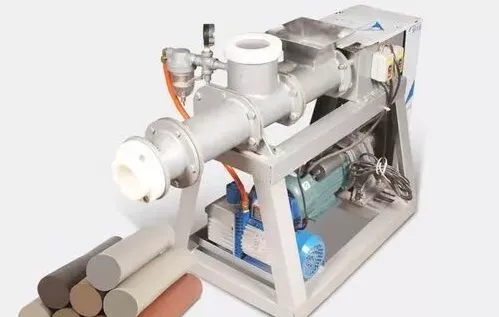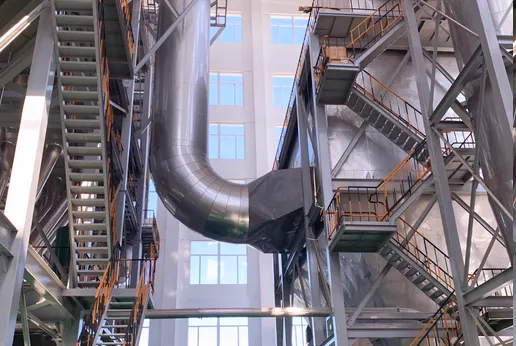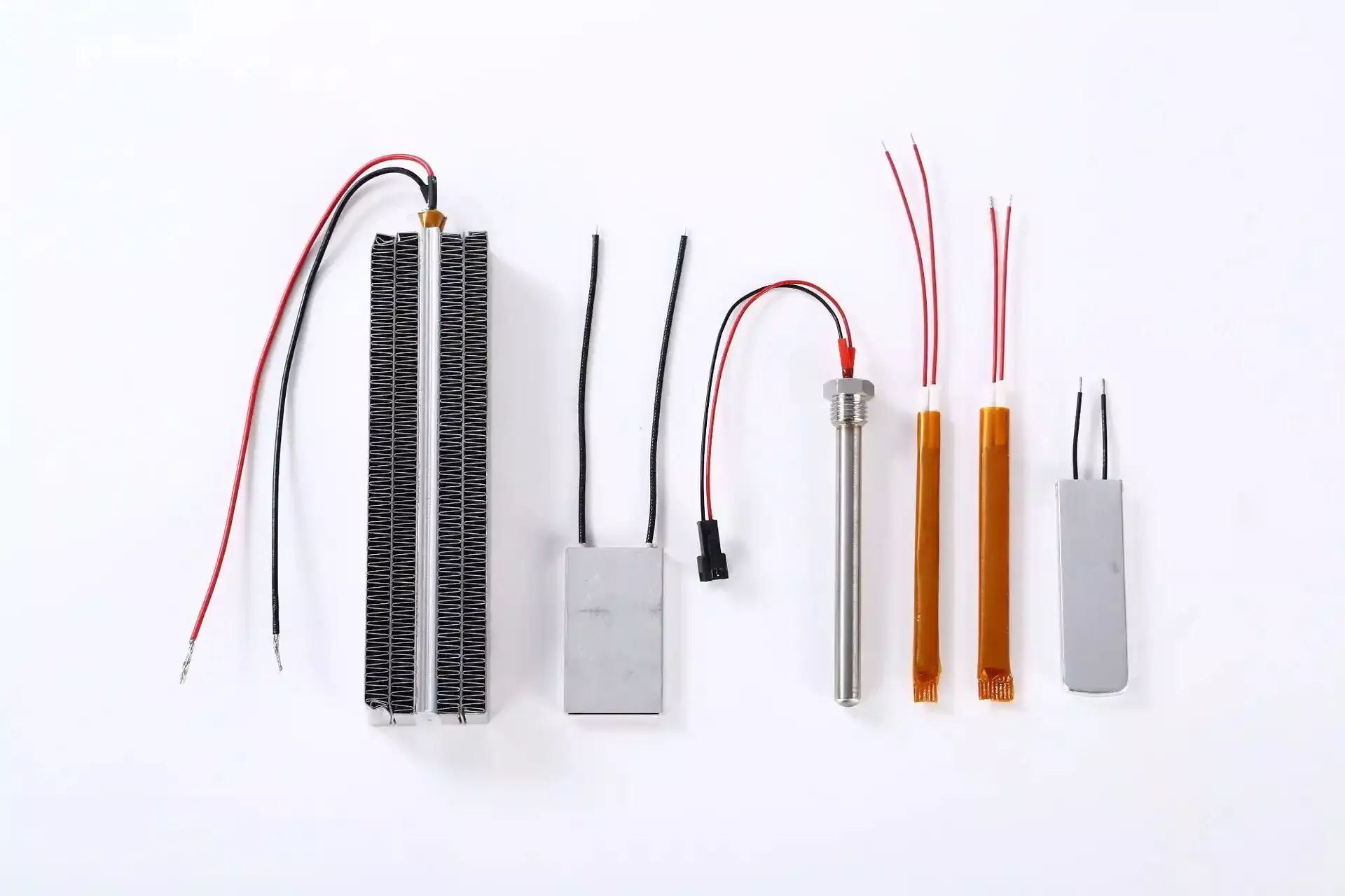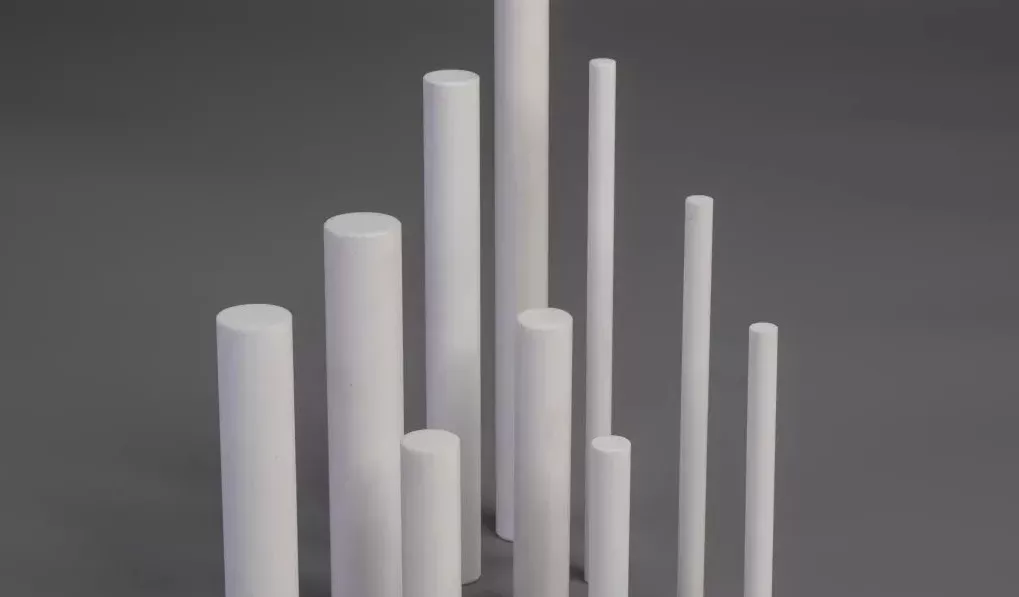On July 3, 2020, the mainland headquarters and global industrial base project of ProLogium Technology Co., Ltd. signed a contract with the People's Government of Lin'an District, Hangzhou, promoting the commercial production of the new generation of solid-state lithium ceramic batteries in Lin'an.
As a leading Taiwanese manufacturer of solid-state lithium batteries, ProLogium Technology's core competitiveness lies in its advanced technology layout in the industry. The company's layout in the industrialization of solid-state batteries was earlier than its competitors, and it was the first to achieve commercialization of solid-state lithium ceramic batteries in 2014, bringing solid-state batteries with absolute advantages into the consumer, industrial, and special application markets.
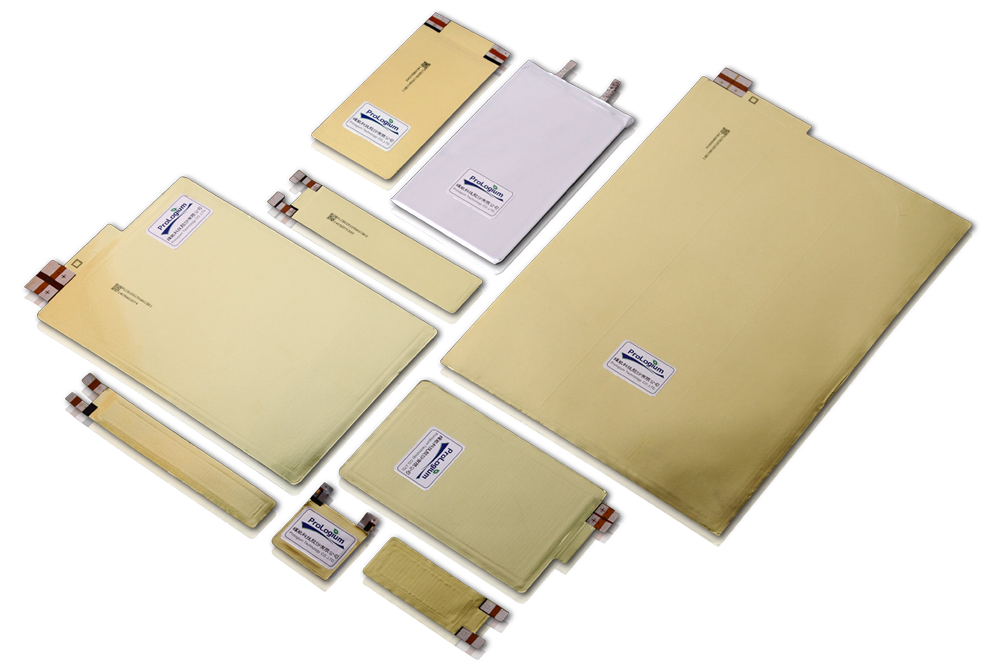
ProLogium Technology's "ultra-thin flexible lithium ceramic battery"
The industrialization project of 2GWh (2 million kWh) and 5GWh solid-state lithium ceramic battery cores, which is being constructed in the Qing Shan Lake Science and Technology City, will consider joint ventures with automakers to establish a complete vehicle production line. The total investment scale will reach 38 billion yuan, and the project is expected to achieve an annual sales output value of over 30 billion yuan after it is put into operation.
Multiple explosion and fire incidents have exposed the current safety and environmental problems of batteries. The May 10th fire incident in an elevator of an electric battery car in Chengdu, combined with the frequent occurrence of battery explosions and electric vehicle fires, has brought battery safety issues to the forefront.
Although lithium-ion batteries are important for portable electronic products, electric vehicles, and intermittent power generation and storage, most commercial lithium-ion batteries currently use organic liquid electrolytes, which have safety risks such as flammability, explosiveness, and leakage, and are the root cause of most battery explosions and fires. However, using solid-state electrolytes instead of organic liquid electrolytes can effectively improve battery safety.
Ceramics can be used in high-temperature or other corrosive environments. The ion conduction of ceramic compounds is caused by the movement of ion point defects, which requires energy, and the ionic conductivity of these compounds increases with increasing temperature. Therefore, ceramic solid electrolytes are very suitable for high-temperature applications.
The new generation of solid-state lithium ceramic batteries replaces the electrolyte in traditional batteries with solid-state lithium ceramic electrolytes. The use of solid-state electrolytes eliminates the restrictions of liquid electrolytes, simplifies the design of batteries, and also improves safety and durability. Combined with flexible circuit boards, ultra-thin, freely bendable, non-leaking, and non-flammable soft batteries that can still safely discharge after being punctured, impacted, or cut are produced.
However, due to technological barriers and other factors, there are only a few manufacturers that can produce solid-state lithium ceramic batteries, so the technology of ceramic solid-state batteries is still in small-scale production status and has not been widely deployed in the market.
Therefore, the industrialization project of solid-state lithium ceramic battery cores being constructed in the Qing Shan Lake Science and Technology City, which was signed last year, will play a leading and demonstration role in the future industrialization and internationalization of China's solid-state battery industry, marking China's advantage in commercial production of solid-state lithium batteries.
Declaration: This article is provided by CERADIR™ users or obtained from Internet, the content does not represent the position of CERADIR™. We are not responsible for the authenticity/accuracy of the article, especially the effects of the products concerned. This article is for study only, it does not constitute any investment or application advice. For reprinting, please contact the original author. If it involves the copyright and/or other issues, please contact us and we will deal with it asap! CERADIR™ has the interpretation of this declaration.




